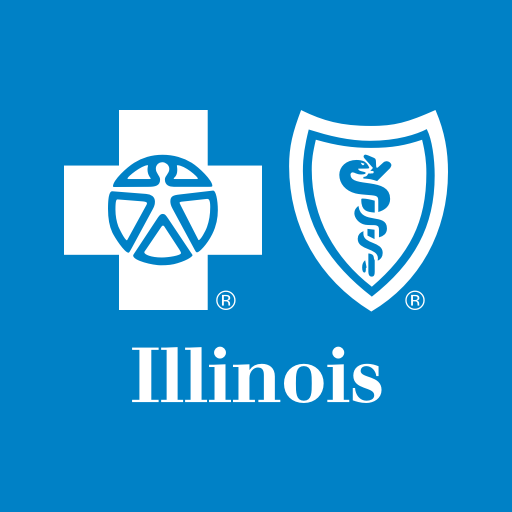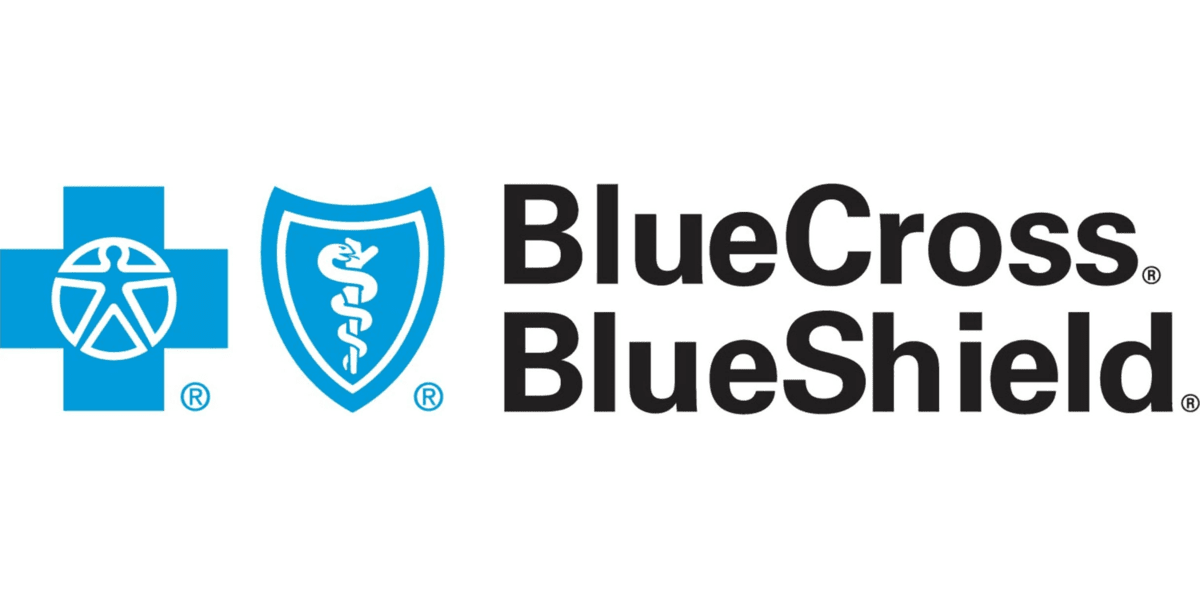Treatment for Bipolar Disorder and Cyclothymia
Bipolar disorder is a complicated mental health condition characterized by intense mood swings, including manic highs and depressive lows. Cyclothymia is a milder form of bipolar disorder with less pronounced mood swings. Both mood disorders significantly impact cognitive function, energy levels, and daily life, necessitating medical attention and therapy to achieve stability and manage symptoms.
Blue Cross Blue Shield of Illinois typically includes coverage for these psychiatric conditions, ensuring individuals can access the essential bipolar treatment and support needed. However, the coverage details may vary, so it is recommended to review the policy information to understand the level of coverage available. If you have any questions or concerns, call 877-958-9212 today. One of our patient advocates can review your policy with you and explain all the necessary details.
Treatment for Borderline Personality Disorder (BPD)
Borderline Personality Disorder (BPD) is a complex mental health condition characterized by enduring emotional instability, skewed self-perception, and difficulties with interpersonal relationships. People with BPD often experience intense mood swings, impulsive behaviors, a shifting sense of self-worth, and difficulty maintaining stable relationships.
BPD has a profound impact on a person’s daily life, relationships, and overall quality of life. However, with appropriate therapeutic interventions and treatment, individuals can acquire the tools to effectively manage symptoms. BCBS typically covers diagnosing and treating BPD, including psychotherapy techniques, medication management, and various evidence-based interventions.
Treatment for Anxiety Disorder
Anxiety is a prevalent mental health disorder that can cause an individual to feel excessive concern, fear, and unease about upcoming events or circumstances. People with anxiety may experience symptoms such as restlessness, a faster heart rate, sweating, and muscle tension. Anxiety can significantly impact a person’s daily life, including work, relationships, and overall satisfaction.
Fortunately, people with anxiety can get help through a range of therapeutic options, which BCBS usually covers. Mental health treatment for anxiety may include psychotherapy, cognitive-behavioral therapy (CBT), medication management, and other evidence-based interventions to help alleviate symptoms and improve overall psychological health. BCBS of Illinois is committed to mental health advocacy, reach out today to find the best mental health treatment, such as a therapist or psychologist located near you.
Treatment for Depression
Depression is a frequently encountered mental health condition identified by persistent sadness, hopelessness, and a reduced capacity to find joy in previously enjoyed activities. Depression symptoms can include changes in appetite and sleep patterns, low energy levels, and difficulty concentrating. These symptoms can negatively impact daily life, strain relationships, and, in severe cases, lead to thoughts of suicide.
Blue Cross Blue Shield of Illinois often covers mental health depression treatment, including various therapeutic options such as preventive care benefits, counseling sessions, prescription medication, and evidence-based interventions. These treatments can help alleviate depression symptoms and support individuals in regaining their mental and emotional well-being.
Treatment for Post-Traumatic Stress Disorder (PTSD)
Exposure to or witnessing a traumatic event can lead to the development of Post-Traumatic Stress Disorder (PTSD). This condition is characterized by symptoms like intrusive flashbacks, distressing nightmares, heightened anxiety, emotional detachment, hyperawareness, and avoidance of situations that trigger memories of the traumatic episode. PTSD can significantly impact an individual’s overall well-being.
BCBS of Illinois is committed to mental health advocacy and typically provides coverage for PTSD mental health treatment. This coverage includes a range of therapeutic approaches, such as therapy sessions, medication options, and other interventions to equip individuals with effective coping strategies for stress management.









